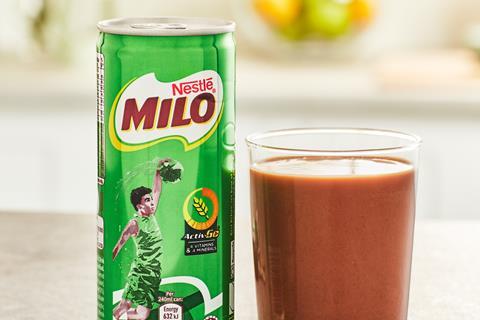
Nestlé has developed what it claims is a “versatile and cost-effective” sugar reduction technology that can be used across different product categories.
It uses an enzymatic process to reduce intrinsic sugar in ingredients such as malt, milk, and fruit juices by up to 30%, with “minimal impact on taste and texture”, according to Nestlé.
The sugar-reduced ingredients can then be used in various products, with no need to add sweeteners or bulking agents to replace the volume of the eliminated sugar, it said.
When applied to milk-based products, it also increases the presence of prebiotic fibres. First clinical studies have shown these fibres can support the growth of beneficial gut bacteria, according to Nestlé.
The patented tech was first piloted in cocoa and malt-based ready-to-drink beverages in south east Asia in 2021.
Nestlé has this year introduced it in factory lines for cocoa and malt-based powdered beverages such as Milo across several countries in Asia, Africa and Latin America.
It has so far been applied to over 200,000 tonnes of cocoa and malt-based beverages, with other product categories – such as dairy powders – to follow in a global rollout.
“Sugar reduction across our portfolio remains a top priority,” said Nestlé chief technology officer Stefan Palzer.
“This new technology is a true breakthrough, as we can reduce sugar without adding sweeteners while preserving a great taste, all at a minimal cost increase.”
Rival Mondelez announced in December that it had developed a “ground-breaking” technology that it claimed could help reduce the amount of sugar and fat from its chocolate and biscuit brands by up to 75%.










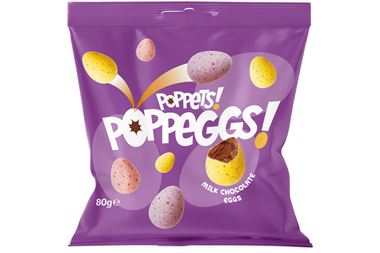

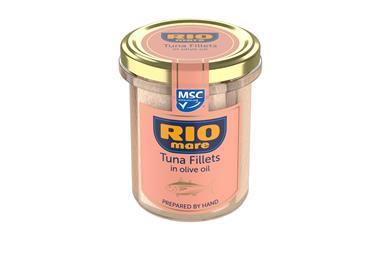
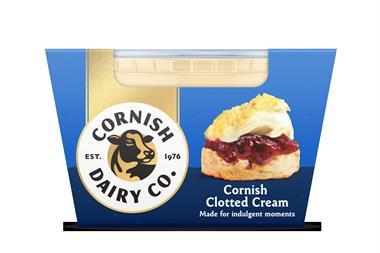

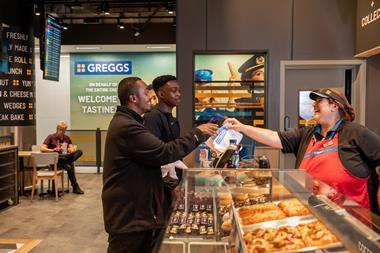

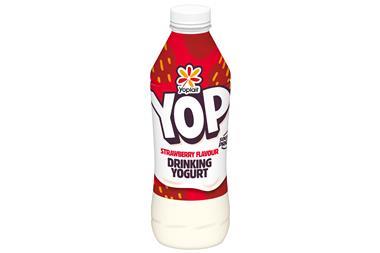
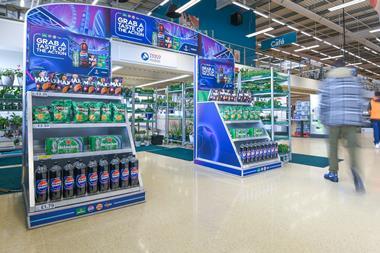
No comments yet